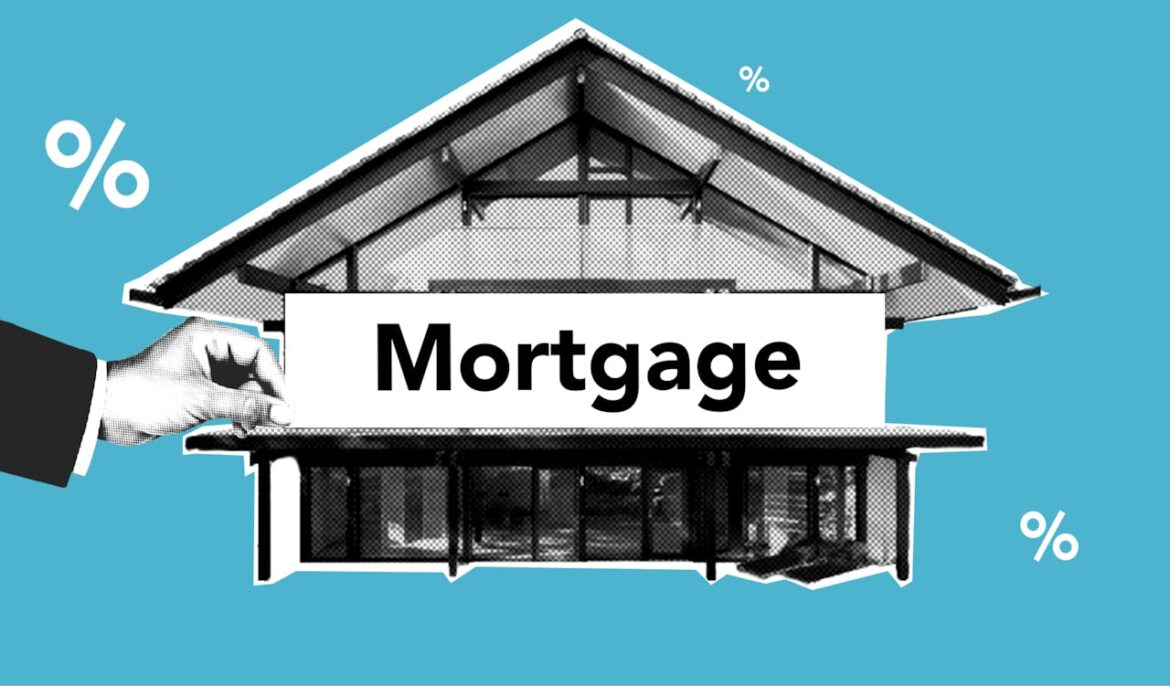Current State of Rent Control Laws in New York
As New York City grapples with soaring housing costs, the future of its rent control laws hangs in the balance. Albany lawmakers are currently engaged in a heated debate over the renewal of the rent stabilization program, which is set to expire on June 15. The implications of their decisions are profound and could affect millions of tenants struggling in an increasingly unaffordable housing market. The urgency of the matter cannot be understated, as the outcome will dictate the stability of many families and the overall dynamics of the real estate market in the city.
Challenges Faced by Tenants
Rental prices in New York have reached unprecedented levels, leaving many residents feeling the pressure of escalating costs. Tenant advocates argue that stronger rent control measures are essential to protect working-class families from displacement. The current proposals in Albany have emerged against a backdrop of complaints from numerous residents who find it increasingly difficult to secure affordable housing. Advocates assert that reforming existing laws is critical in preserving the vibrancy and diversity of communities through enhanced protections.
The Governor’s Proposal for Reform
Governor Kathy Hochul has introduced a set of moderate reforms aimed at addressing some of the issues raised by tenant advocates. Among these is the introduction of stricter penalties for landlords who illegally deregulate apartments, a practice that has reportedly contributed to the diminishing availability of rent-stabilized units. However, while these proposed measures are a step forward, critics believe they fall short of what is needed to truly address the housing crisis.
Calls for Universal Rent Control
Progressive lawmakers and tenant advocacy groups are pushing for a far more comprehensive approach, calling for universal rent control. This would entail capping rent increases on all residential properties, not solely those currently under regulation. This broadened scope aims to provide a blanket of protection for renters throughout the city, regardless of where they live. State Senator Julia Salazar encapsulated the urgency of this issue, emphasizing the dire need for ”bold action to stop displacement and preserve the fabric of our communities.”
Landlord Concerns and Opposition
On the flip side of this debate, landlord organizations express strong opposition to further restrictions on rent control. They argue that imposing additional regulations will deter property owners from maintaining their buildings, leading to long-term deterioration of housing stock—a concern that could inadvertently deepen the housing crisis rather than alleviate it. Landlords also contend that stringent regulations could discourage new investments in rental housing, thereby constraining the overall supply of affordable homes. Such arguments highlight the complexity of finding a balanced solution that addresses both tenants’ needs and landlords’ economic realities.
Political Landscape and Implications
With both sides entrenched in their positions, the political dynamics surrounding this debate appear increasingly contentious. The challenge remains not only to craft legislation that reflects the pressing needs of tenants while also considering property owners’ rights but also to navigate the diverse opinions of stakeholders involved. As stakeholders discuss potential compromises, the political landscape could influence broader discussions about affordable housing—a topic that extends beyond New York City and is relevant to urban centers nationwide.
Conclusion
As lawmakers in Albany continue their discussions over rent control laws, the stakes are undeniably high for New York City’s residents. The outcome of this debate will have lasting implications for housing stability, affordability, and community dynamics. Finding a solution that satisfies both tenant advocacy groups and landlord concerns is crucial to fostering a healthier real estate environment. The engagement of communities and sustained discussions around housing policy will be vital for navigating the complexities of this pressing issue.
FAQs
What is the current status of New York’s rent control laws?
The current rent stabilization program is set to expire on June 15, prompting lawmakers to engage in discussions about potential reforms and renewals.
What reforms have been proposed by Governor Kathy Hochul?
Governor Hochul has proposed moderate reforms that include imposing stricter penalties on landlords who illegally deregulate apartments.
What are tenant advocates calling for in regard to rent control?
Tenant advocates are advocating for broader measures, including universal rent control that would cap rent increases on all apartments, not just those currently regulated.
What concerns do landlords have regarding proposed changes?
Landlord groups argue that additional restrictions could discourage property maintenance and lead to a housing shortage, creating unintended consequences for the market.
How might this debate affect residents in New York City?
The discussions are critical for residents as the outcome could significantly affect housing affordability, stability, and the overall living conditions in NYC.

